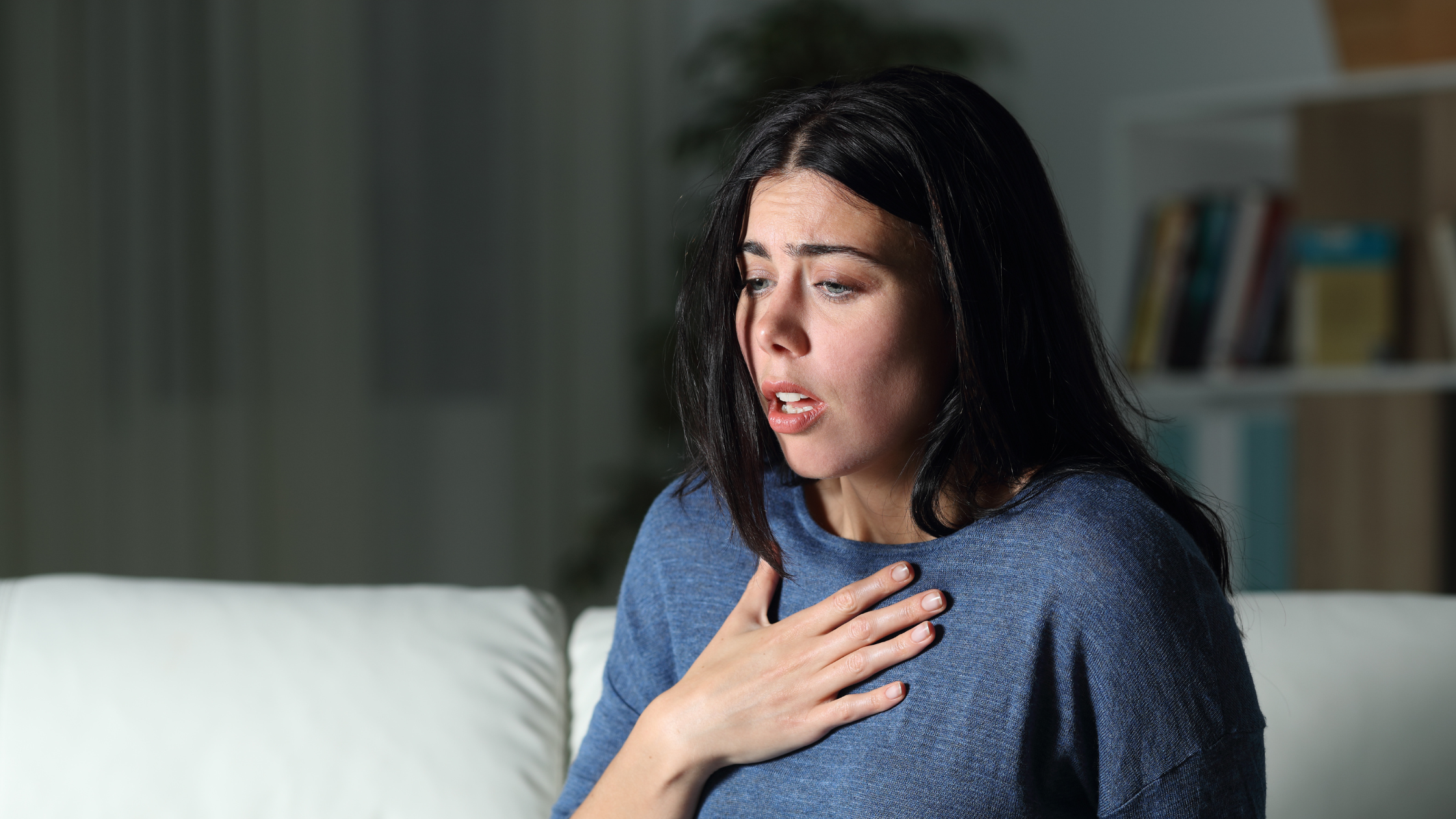 Generalized anxiety disorder (GAD) is a psychiatric disorder of an intense feeling of anxiety about most aspects of life. It consists of the inability to manage your stress and form appropriate reactions to stressors and non-stressors. Aside from being fairly debilitating towards most aspects of your life, GAD can also negatively affect sleep.
Generalized anxiety disorder (GAD) is a psychiatric disorder of an intense feeling of anxiety about most aspects of life. It consists of the inability to manage your stress and form appropriate reactions to stressors and non-stressors. Aside from being fairly debilitating towards most aspects of your life, GAD can also negatively affect sleep.
Not only can GAD affect sleep, but a lack of sleep can further contribute to feelings of stress and anxiety. This bidirectional relationship makes sleep an important factor to care for in the treatment of GAD, but sometimes GAD has to be treated in order to improve one's sleep health. Continue reading to find out more about this relationship and what the most appropriate management tips are.
GAD Symptoms
Before diving into how sleep and GAD interact with one another, it's important to understand what GAD is. As stated early, it is a psychiatric disorder, meaning that it can be found in the DSM-5, which is the diagnostic tool used by psychiatrists to diagnose their patients.
GAD patients normally feel an overwhelming sense of doom, even when it's unwarranted. Not only are these individuals extremely stressed out, but this stress or fear creates barriers for them to operate throughout the day. When their stress becomes debilitating, that is when GAD is thrown on the table as a possible diagnosis.
It is present on more days than not, and is not geared towards a specific person, interaction, or duty. It is generalized, hence the name. The anxiety is difficult to control, and can include some other feelings and symptoms, including:
- feeling alert, or on edge
- Fatigue
- Poor Concentration
- Irritability
- Tense muscles
- Insomnia or restless sleep
GAD is a chronic condition that rarely resolves on its own and without some sort of intervention and/or medication. It is waxing and waning, which means it will be really high sometimes, and really low other times. It often coexists with depression and can have important effects of sleep.
Causes
The causes of GAD are nuanced and vary by individual. However, the cause of sleep deprivation in GAD individuals normally stems from the anxiety that those individuals face. Anxiety is an inappropriate response to a normal stimuli and is normally in overdrive in patients with GAD. Sleep disturbance is one key problem that may develop and can impact 60-70% of individuals with GAD.
When these individuals lay down to go to bed, there is something within them that tells them it's not safe to go to bed, they need to be alert and worried about something, and even if they do not have something identifiable to be concerned about, they will still just be jittery and on edge. This makes it nearly impossible to go to sleep, and before they know it, hours have gone by and they haven't gotten a wink of sleep.
This can lead to trouble staying awake throughout the day when they need to be alert and focused, and continued trouble going to sleep the following night, also known as insomnia.
Diagnosis
Diagnosis of GAD is normally done by a physician. Start with your primary care doctor and let them know that you feel uneasy or overwhelmed. Describe your symptoms as clearly as possible, so that way they can refer you to the right physician or begin managing your symptoms.
Getting in with a psychiatrist can be tough, especially in shortage areas like Alaska. However, if your physician identifies the severity of your disorder, then you may be rushed in to see them to get a clear diagnosis. Diagnosis of a mental disorder can take a few sessions as other diseases are ruled out before a physician may begin serious treatment.
Treatment
Treatment options for GAD are similar to those used in other anxiety disorders. The typical approach is multifactorial and includes medication, behavioral, and environmental changes. Because GAD is chronic, the treatment may be long-term over many years to ensure that your symptoms are being managed appropriately.
Benzodiazepines are the most commonly used to relieve anxiety. Alprazolam and clonazepam are often prescribed. They are not recommended for long-term treatment because of the ability to cause dependency. However, they are good for acute exacerbations and short-term management of symptoms. In the long-run, selective serotonin reuptake inhibitors (SSRIs) like venlafaxine are used to manage those symptoms.
Cognitive behavioral therapy, or CBT is highly effective for managing GAD. This therapy is often administered by specially trained psychologists or psychiatrists. It is a preferred treatment for the elderly who may suffer from adverse side effects from benzodiazepines, like falls and delirium. It also is a good supplementary treatment in addition to medication because it teaches patients how to be agents in their own health and manage their symptoms when they feel them coming on.
If you feel like your sleep is being greatly impacted because of overwhelming anxiety, then please click the orange button below to take a free online sleep test and talk with one of our sleep health professionals.
https://www.verywellhealth.com/generalized-anxiety-disorder-and-the-effects-on-sleep-3014678

